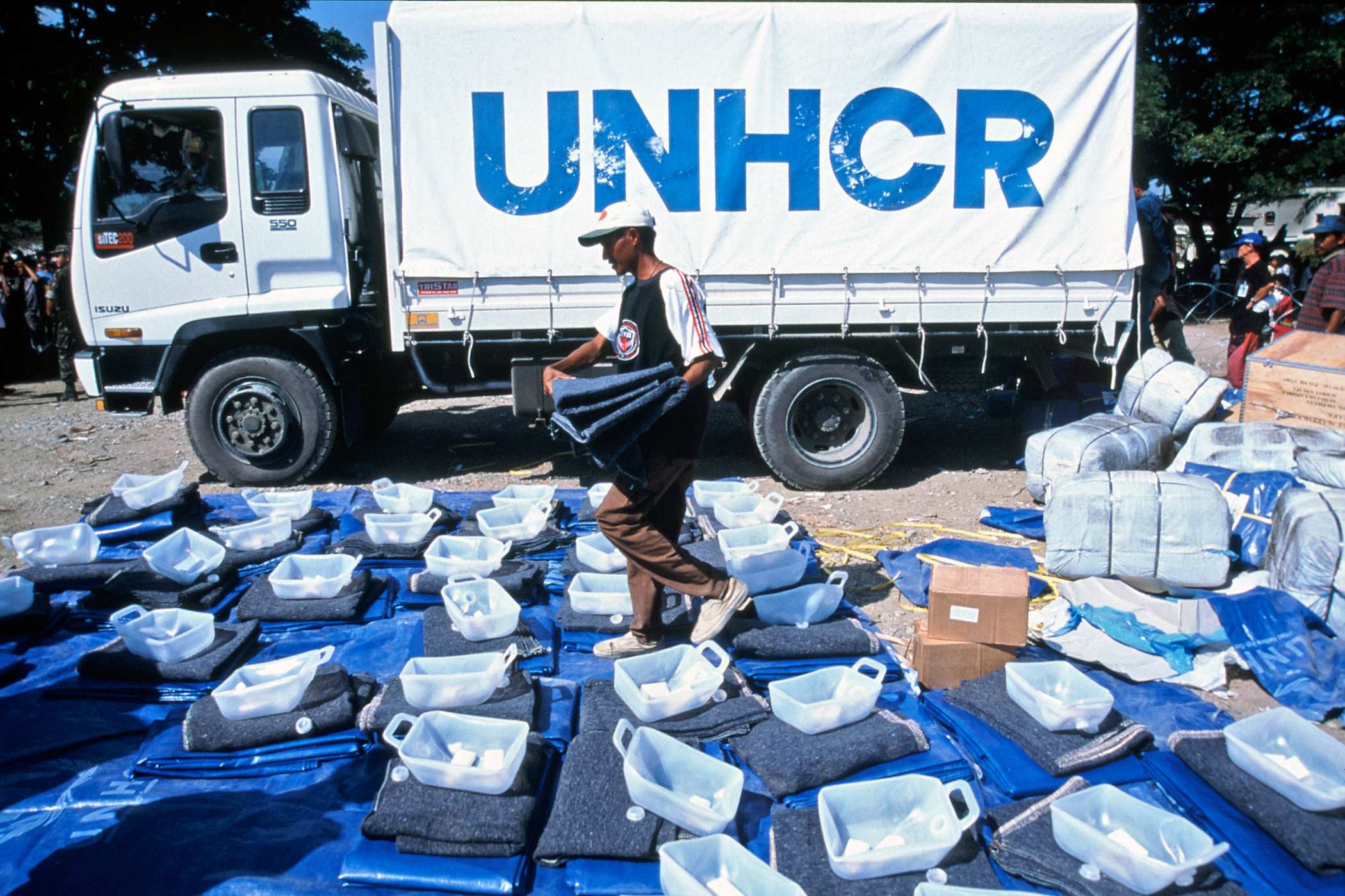Funding crisis puts 12.8 million refugees at risk of losing health care

Millions of displaced people face a worsening health crisis as the United Nations High Commissioner for Refugees (UNHCR) warns of severe funding shortfalls that could deprive 12.8 million refugees, including 6.3 million children, of essential medical care in 2025.
A decline in humanitarian aid and reduced health spending in refugee-hosting countries is limiting access to crucial health services, increasing the risks of disease outbreaks, malnutrition, and untreated chronic conditions.
Many refugees may be forced to pay for their own medical care, despite lacking the financial means, which will further strain already overwhelmed local hospitals and clinics.
The cuts are also affecting water supply, sanitation, and waste management, raising the threat of outbreaks of cholera, dysentery, hepatitis, and malaria.
The crisis is also expected to hinder HIV response efforts in humanitarian settings.
Burundi has also been hit hard, with the suspension of nutrition programs in several refugee camps affecting thousands of children under five who need treatment for malnutrition.
Without additional funding, an estimated 10,000 pregnant refugee women could lose antenatal care, increasing the likelihood of complications and preventable maternal deaths.
Local hospitals, already operating beyond their capacity, are bracing for an influx of patients, while cholera outbreaks remain a significant concern.
The Cibitoke province, which is hosting arrivals from the Democratic Republic of the Congo (DRC), has already recorded 11 cases of cholera among Congolese refugees receiving treatment.
The situation in the DRC is equally alarming, with the healthcare system on the brink of collapse.
UNHCR's health budget for 2025 has been slashed by 87 % compared to the previous year, leading to critical shortages of medical staff, essential medicines, and basic supplies.
"Health facilities are overwhelmed, facing critical shortages of medical staff and supplies," the agency reported.
Many health centers are unable to guarantee referrals for specialized care, while disruptions in water supply have already led to cholera outbreaks.
Over 520,000 refugees are at heightened risk of disease and death due to the funding crisis.
In Egypt, medical treatment for refugees has been drastically scaled back, with only emergency life-saving procedures remaining available.
Planned surgeries and treatment for chronic conditions such as diabetes and hypertension have been suspended, affecting at least 20,000 patients, including many refugees who fled the war in Sudan.
Ethiopia’s Gambella region has also felt the impact of budget cuts, with four out of seven refugee nutrition centers shutting down.
Nine severely malnourished children under five were discharged before making a full recovery, putting their lives at risk.
Currently, 980 cases of acute malnutrition are being managed by just two health workers, making it difficult to provide adequate care.
The funding shortage threatens to push 80,000 children under five into severe malnutrition, while the closure of community-based sexual and reproductive health programs could result in increased maternal and newborn deaths.
Funding shortages in Jordan have put 43,000 refugees at risk of losing primary healthcare services.
Additionally, 335,000 women of reproductive age may be unable to access essential maternal care.
Mozambique's Maratane refugee settlement, home to 8,000 refugees and asylum-seekers, is experiencing major setbacks due to a 50% cut in assistance.
A UNHCR-supported health center in the settlement, which conducted over 80,000 consultations last year, has seen drastic reductions in mental health services, supplementary nutrition programs, and medical assistance for survivors of gender-based violence.
The disruption has also impacted HIV and tuberculosis treatment, endangering the lives of those dependent on these services.
In Bangladesh, nearly a million Rohingya refugees are experiencing the effects of the funding freeze.
Over 40,000 pregnant women may lose access to critical antenatal care, with 5,000 at risk of delivering in unsafe conditions.
At the same time, 19,000 acutely malnourished children are in danger of missing life-saving treatment, and 10,000 refugees with serious medical conditions will be unable to seek specialized care.
Mental health services are also affected, potentially leaving 200,000 refugees without essential psychosocial support. Additionally, 10,000 refugees will no longer receive Hepatitis C treatment.
"Without immediate financial support, health-care systems in the refugee camps will collapse, putting thousands of lives at risk," UNHCR stated.
UNHCR’s projection that 12.8 million displaced people could be left without health support in 2025 is based on a global survey of the agency’s health programs.
"Every day that this financial uncertainty continues will increase the impact on the lives of the millions of men, women, and children around the world that have fled their homes to find safety," the agency warned.
